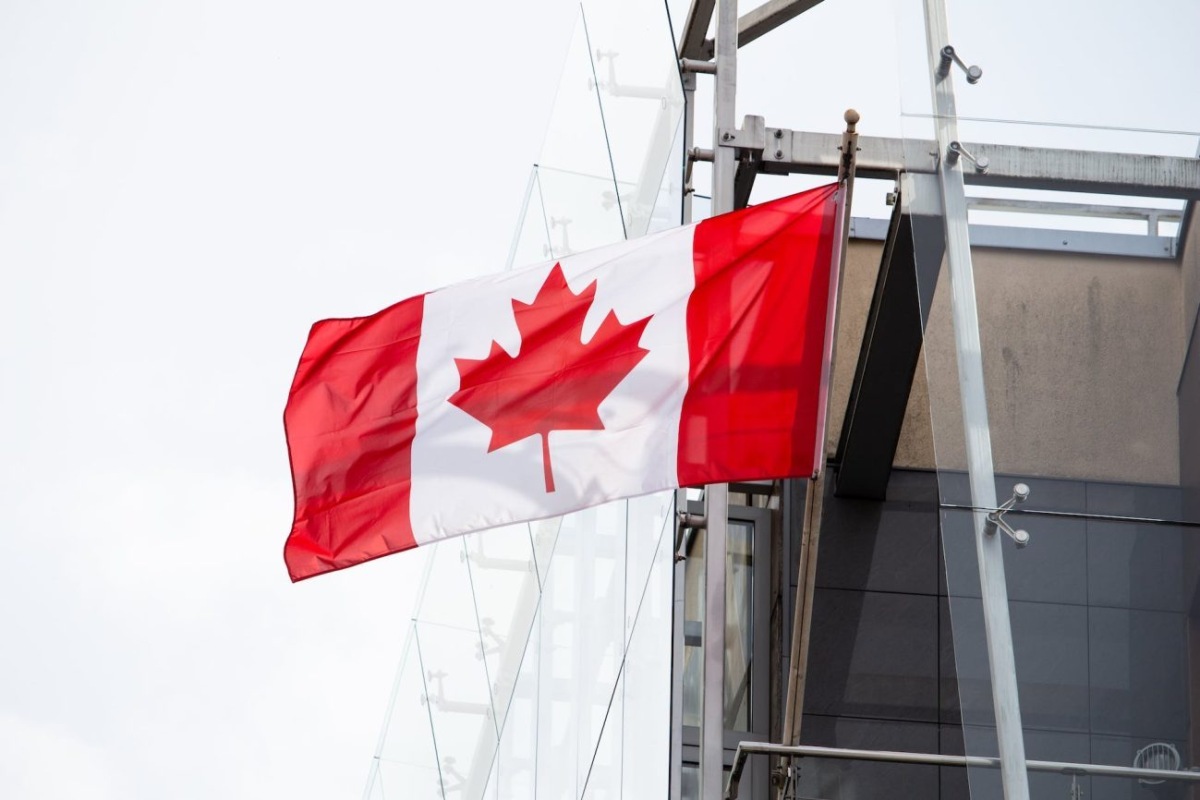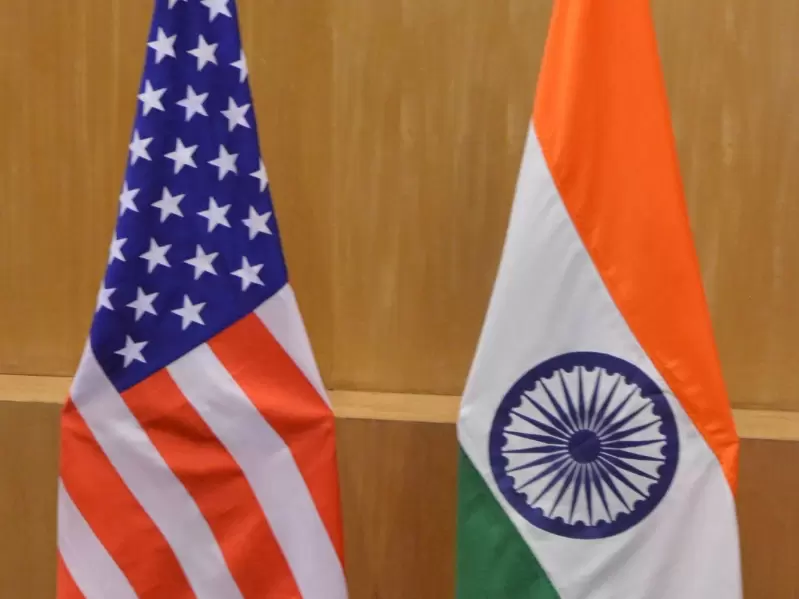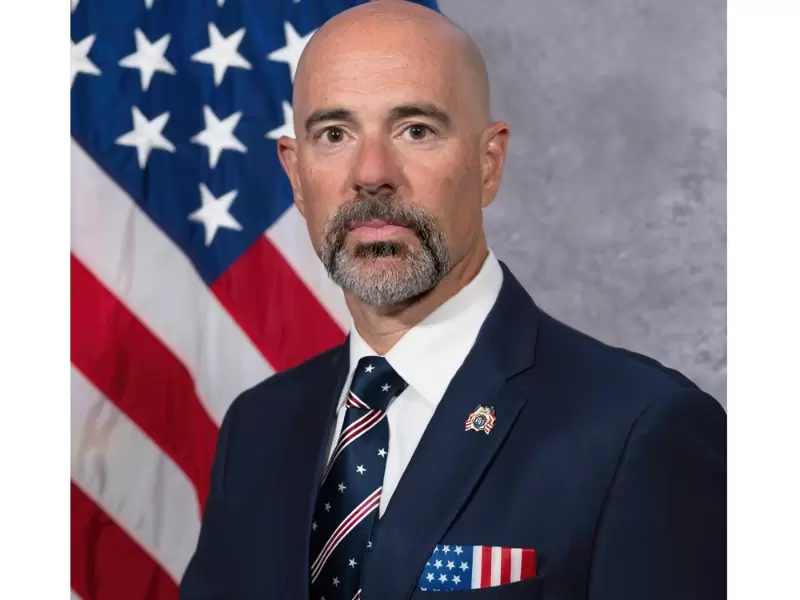Canada to ease citizenship rules for children of Indians born abroad
Bill C-3 lets Canadian citizens abroad pass on citizenship if connected to Canada, aiding Indian-origin families and Lost Canadians.
 Canada's flag. / Istock
Canada's flag. / Istock
In a major policy shift, the Canadian government introduced Bill C-3 which amends the Citizenship Act to allow Canadian citizens born outside the country to pass on their citizenship to children born or adopted abroad beyond the first generation. The move could benefit many Indian-origin residents facing legal uncertainty under current restrictions.
Under the existing law, citizenship by descent is only granted to the first generation born abroad. This meant that Canadian citizens of Indian origin who were themselves born outside Canada could not automatically pass citizenship to their children born abroad. Bill C-3 seeks to change that.
The bill will allow parents who were born outside Canada to transfer citizenship if they can prove a “substantial connection” to the country — defined as having lived in Canada for at least 1,095 days (three years) before their child’s birth or adoption.
The amendment is expected to help Indian-origin Canadians, especially those working overseas or in the U.S., where visa backlogs and restrictive immigration policies have complicated family planning and legal residency. Indian families with Canadian heritage but generations born abroad stand to gain long-term residency stability through this bill.
Bill C-3 will also automatically restore citizenship to individuals commonly referred to as “Lost Canadians.” These are people who lost or were denied citizenship due to outdated provisions of earlier laws. While earlier amendments in 2009 and 2015 addressed many such cases, the government admitted that “additional amendments are needed to include other categories of ‘Lost Canadians’ and their descendants who did not benefit from the 2009 and 2015 changes.”
According to the government’s summary, the legislation will:
- Grant citizenship to those born abroad beyond the first generation if their parent has a substantial connection to Canada.
- Extend the same rights to children adopted abroad.
- Restore citizenship to people who lost it due to failing to apply under old rules.
- Offer a simplified process to renounce citizenship for those granted it under the new law who do not wish to retain it.
The changes follow a December 2023 Ontario Superior Court ruling that deemed parts of the first-generation limit unconstitutional. The government chose not to appeal the decision, stating, “We agree that the current law has unacceptable consequences.”
The bill is currently before the Canadian Parliament and will come into force upon royal assent and an order by the Governor in Council.
ADVERTISEMENT
ADVERTISEMENT
E Paper
Video




 Pranavi Sharma
Pranavi Sharma













Comments
Start the conversation
Become a member of New India Abroad to start commenting.
Sign Up Now
Already have an account? Login